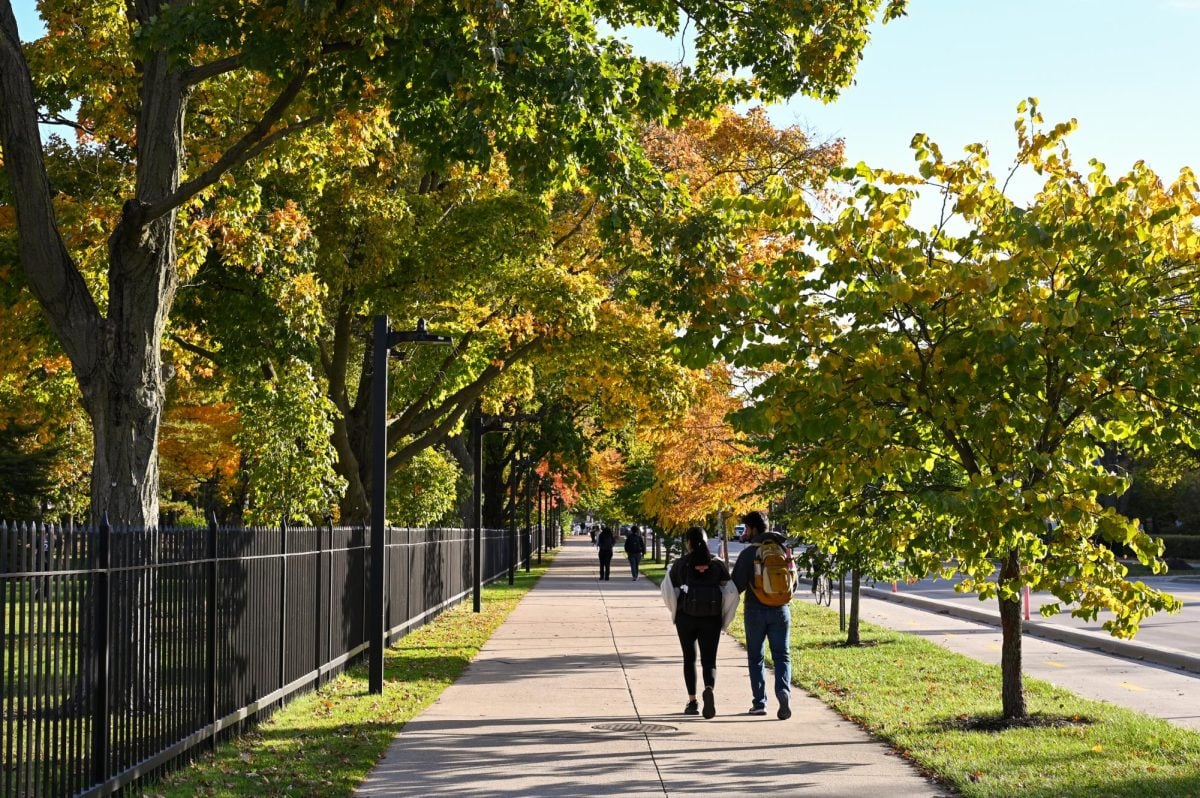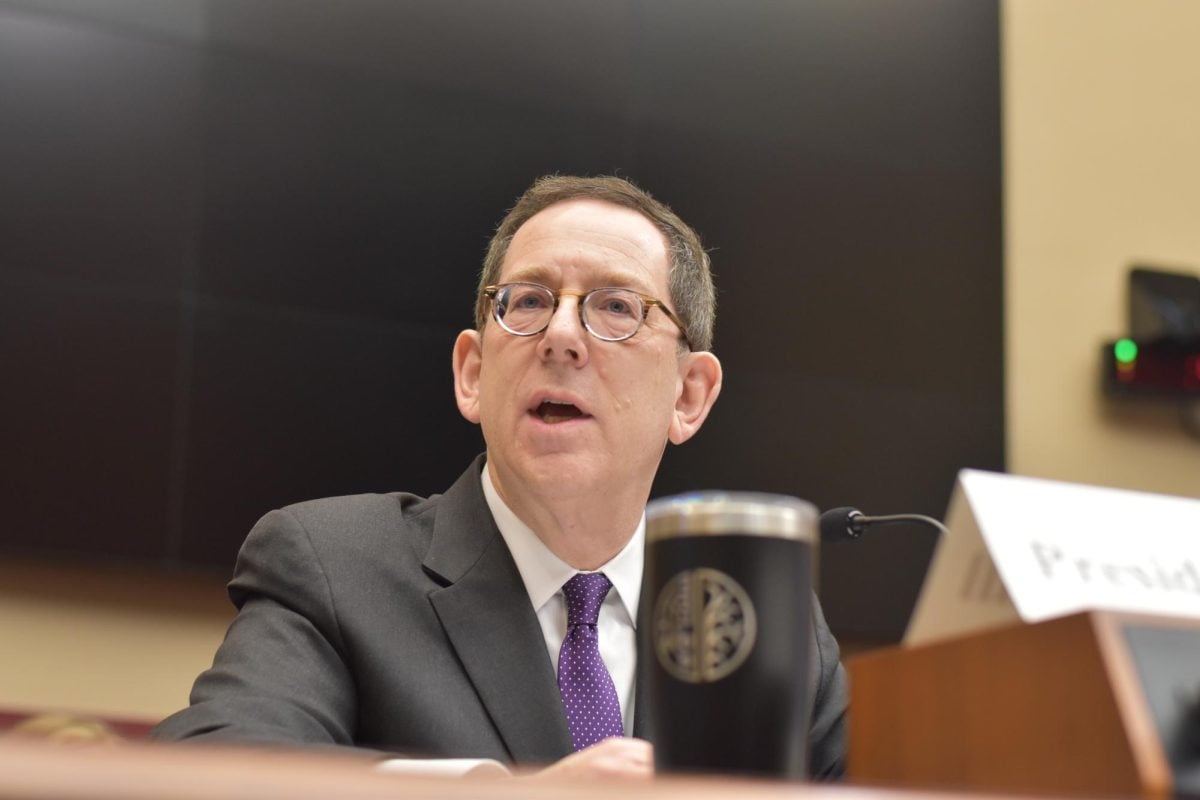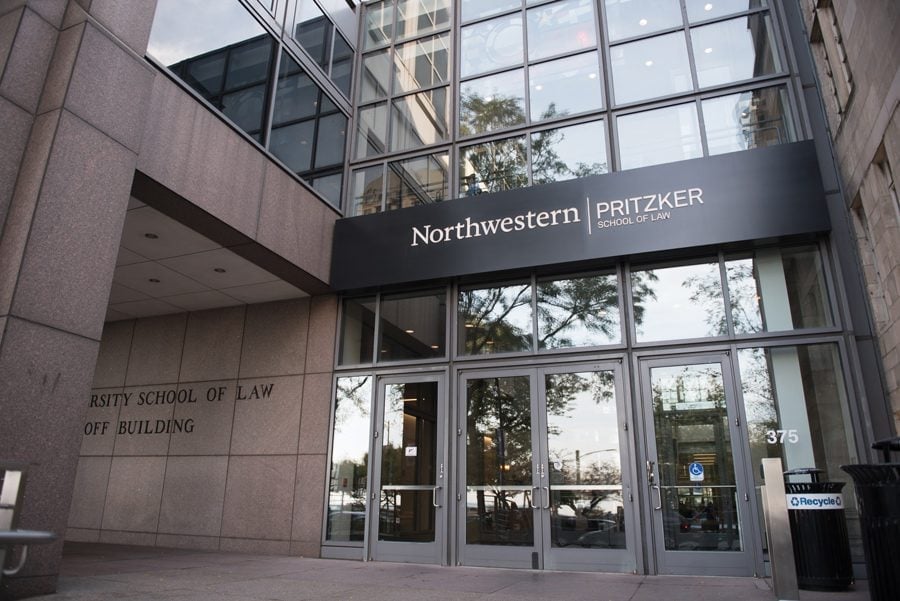Medill Innocence Project founder David Protess secured what he called a “stunning victory for justice” Friday when his and his students’ investigative work helped spur a judge’s decision to grant an evidentiary hearing for the innocence of a man imprisoned for more than 30 years.
Stanley Wrice was granted an evidentiary hearing by Cook County Judge Evelyn B. Clay. In addition to a hearing for the claim of his innocence, he was also granted hearings on the claims he was tortured into falsely confessing by former Chicago Police Cmdr. Jon Burge’s “midnight crew,” and that prosecutors withheld evidence of his innocence, Protess said. Burge, who escaped torture prosecution because of limitation statutes, was convicted in 2010 of lying about the abuses during a civil trial.
Based on the history of past cases and the desire of prosecutors to avoid tarnishing their reputations, Protess said he believes Wrice will ultimately be released.
“If history is any guide, when an Illinois Supreme Court orders a hearing, generally prosecutors drop the charges,” he said.
According to an article written by Protess and published in The Huffington Post on Friday, Wrice was convicted for involvement in a gang rape in 1982 after allegedly being tortured into confession by police.
Protess, who now serves as president of the Chicago Innocence Project, an organization founded in 2011 to investigate cases of wrongful convictions, said in an email evidence for Wrice’s innocence was “developed” by the first group of students who worked for the program. All of them were enrolled in his 2011 Investigative Journalism class at Medill, he wrote.
As part of the investigation, the students contacted two of the perpetrators involved in the case, Michael Fowler and Rodney Benson. They also tracked down Bobby Joe Williams, the case’s only independent witness, on the south side of Chicago, said Quinn Thacker (Medill ’11) and Kira Lerner (Medill ’11), who both worked on the investigation and traveled to Williams’ residence.
Fowler, Benson and Williams all signed affidavits for students in ChIP saying Wrice was not involved, Protess said. According to Protess’ Huffington Post story, Williams said in his affidavit that Burge and his crew tortured him into falsely implicating Wrice. Despite this evidence for Wrice’s innocence, the case faced several judiciary roadblocks. The Illinois Supreme Court, for example, was set to hear the evidence in 2012, but turned the case back to Clay, who granted several continuances until finally hearing the evidence Friday, Protess wrote.
Lerner, who said she also traveled to Minneapolis three times to secure an affidavit from Fowler, said the affidavits were “crucial” for Wrice’s case. They were cited in Clay’s opinion.
“Knowing (the affidavits) are incredibly important in showing the judge that Stanley is innocent is really an awesome thing,” Lerner said.
Despite Protess’ optimism about Wrice’s fate, Thacker, now a law student and more aware of the workings of judicial proceedings, said though a victory ensued Friday, she knows the case will likely progress slowly. But even with this realization, she said she is proud of the work she did with the ChIP team to aid Wrice.
“It’s not an instant gratification,” she said. “You don’t feel like a hero, you just feel like you find out these horrible things and injustices and you do the best you can to tell people about it.”












